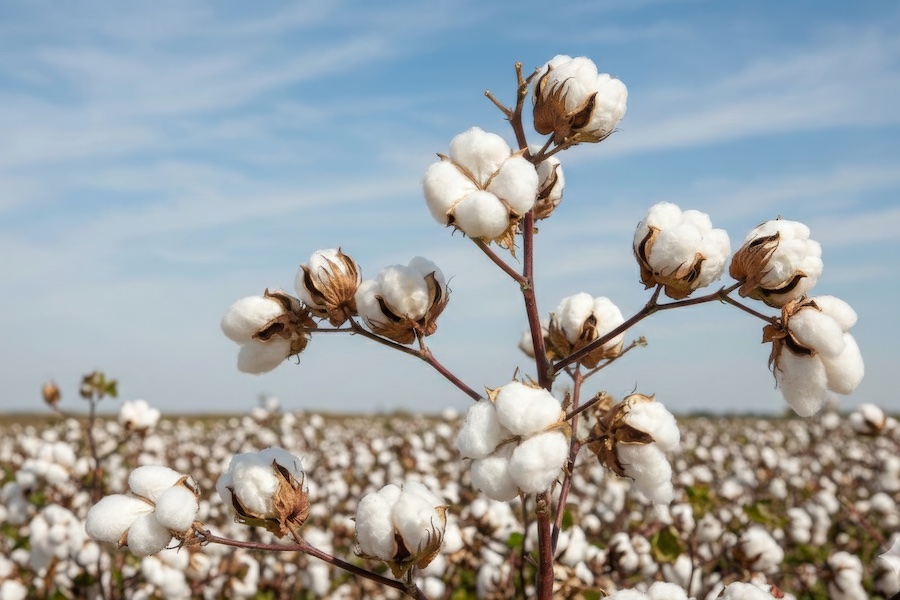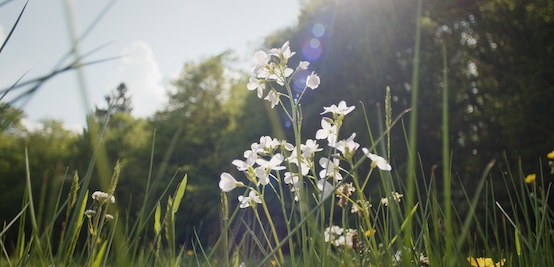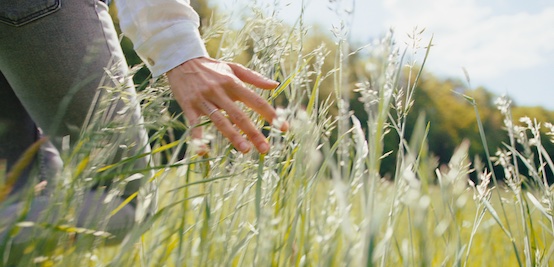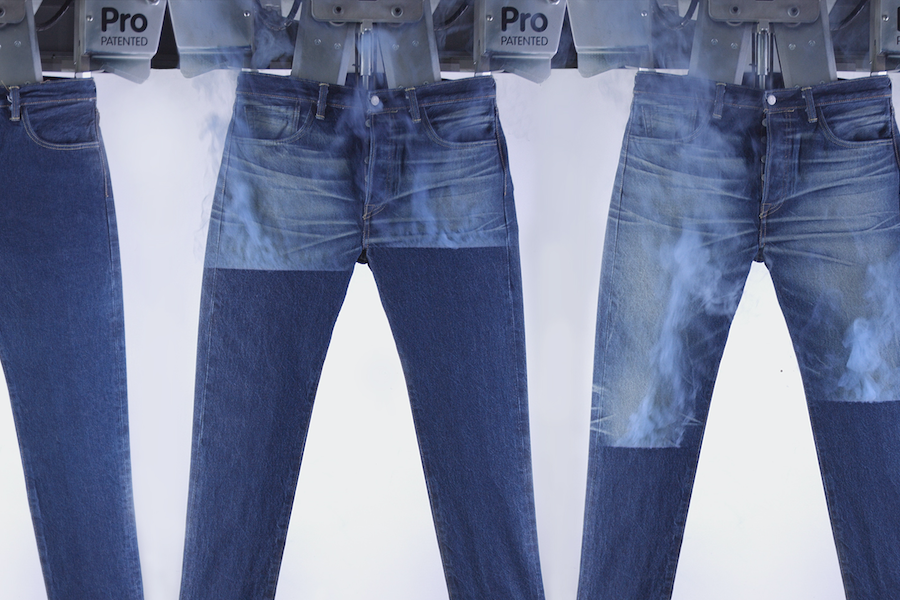#Sustainability
New due diligence compliance tool and certification by OEKO-TEX®
Facing the multiple interests of worldwide stakeholders - employees, consumers, investors, media, and politics - with different points of view, companies must protect and communicate with all of them. OEKO-TEX® RESPONSIBLE BUSINESS allows companies to choose between a self-assessment of their due diligence status or achieve third-party certification validated by an OEKO-TEX® institute. OEKO-TEX® RESPONSIBLE BUSINESS is based on a wide range of international policies with additional focus on climate protection.
With the new tool and certification, OEKO-TEX® aims to prevent and mitigate existing and potential negative impacts of companies’ own business operations, their supply chains and in their wider business relationships. “An expansion of our portfolio in this direction was important to us. OEKO-TEX® has stood for product safety for more than three decades and continuously advocated transparent supply chains and corporate responsibility,” says OEKO-TEX® Secretary General, Georg Dieners. “In terms of due diligence, a holistic analysis and evaluation is key. To develop this robust standard, we have used our proven, globally standardised system and 30 years of experience in the textiles and leather industry.”
The standard is based on the UN Guiding Principles on Business and Human Rights (UNGPs), the OECD Guideline for Multinational Enterprises, the OECD Due Diligence Guidance Textile and Footwear and the OECD Guideline for Responsible Business Conduct. It also ensures compliance with the German Supply Chain Act and the proposed European Directive on Corporate Sustainability Due Diligence. Like the OECD Guidelines, the OEKO-TEX® RESPONISBLE BUSINESS due diligence process is structured in six sections: business policy, risk assessment, integration of appropriate actions, continuous monitoring, transparent communication, and complaint mechanism. Additionally, OEKO-TEX® includes a seventh, voluntary module on climate action. In the climate module, companies commit to the Paris Agreement and its target to limit global warming to 1.5 degrees Celsius above pre-industrial temperatures. With this module, companies can smap their climate performance, strategy and goal implementation, measure improvements within the company and target further supply chain improvements.
OEKO-TEX® RESPONISBLE BUSINESS is a modular system that facilitates access for small businesses and newcomers as well as large multinationals. The self-assessment works as a stand-alone tool to evaluate due diligence status. This snapshot of the company’s responsible business status identifies areas for improvement. Every participant can choose the next step of validation through an audit, which results in a certificate and a report that can be shared publicly. Interested parties can apply on the OEKO-TEX® website and decide after the self-assessment whether to proceed with the audit.

The certificate, valid for 3 years, includes annual compliance audits and can subsequently be extended.














